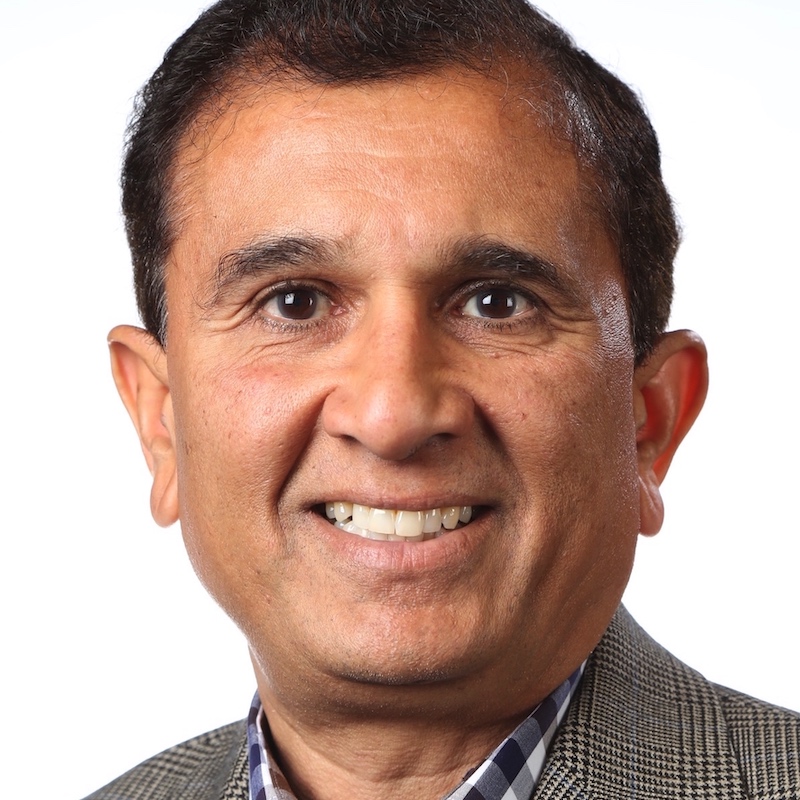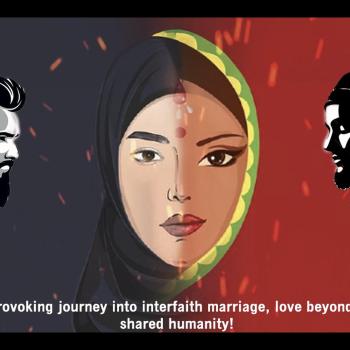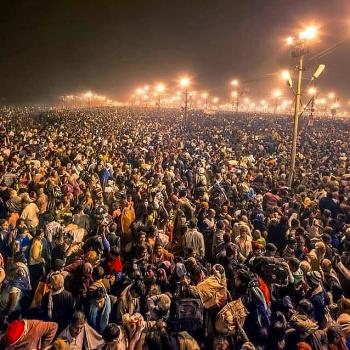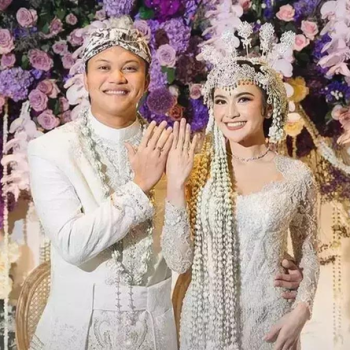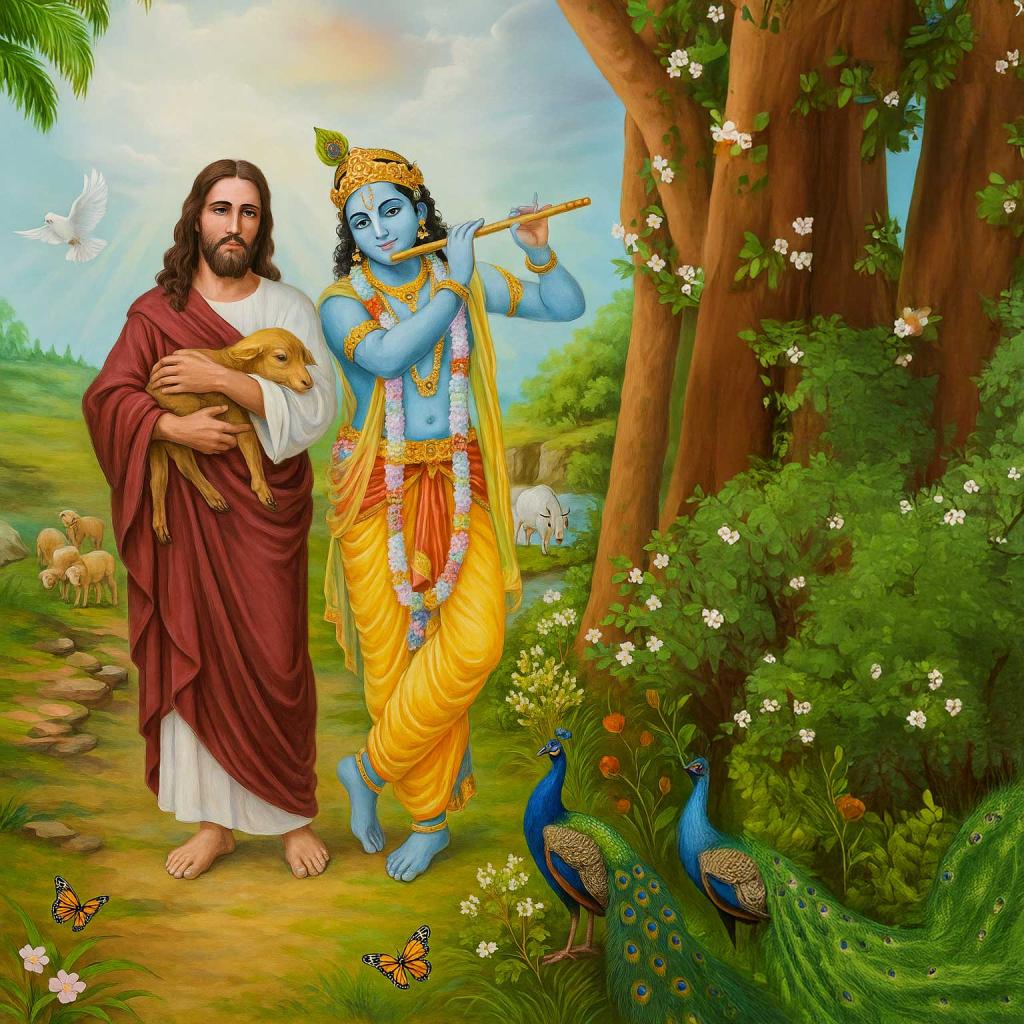
Hindu-Catholic Marriages
In the United States, about a quarter or more of both Hindus and Catholics marry outside their faith. While both traditions are deeply rooted and spiritually rich, Hindu-Catholic couples should be aware of potential theological and cultural conflicts that can arise in their married life.
Understanding Hinduism and Catholicism
Both Hinduism and Catholicism recognize a single Ultimate Reality and accept the idea of divine manifestations in human form. In Catholicism, this is expressed through the Holy Trinity: God the Father, Jesus the Son, and the Holy Spirit. Similarly, Hinduism presents the Divine through various forms—devis and devtas—worshipped in colorful mandirs filled with murtis (sacred images). Both traditions have strong ritualistic practices and visual symbolism in places of worship.
However, mutual understanding between the two communities is often limited. Many Hindus are only familiar with Christianity through media portrayals, such as beautiful church ceremonies in Bollywood films. Similarly, many Catholics mistakenly view Hindus as polytheists or idol-worshippers, without appreciating the deeper philosophical foundations of Hindu beliefs.
Exclusivity vs. Pluralism
A core theological difference is that Catholicism is an exclusivist faith, emphasizing salvation only through Jesus Christ. In contrast, Hinduism is inherently pluralistic—believing that spiritual liberation (moksha) can be attained through multiple paths and does not require allegiance to any specific deity or religious institution.
This difference can sometimes lead to a misleading harmony during courtship. Many Hindus, who admire Jesus as a loving spiritual figure, may agree to baptism without realizing the long-term implications. For a Catholic church wedding, baptism isn’t just adding Jesus to their pantheon; it often implies renouncing all Hindu deities and practices.
Religious tensions will surface when the Hindu partner is expected to gradually give up their traditions. In contrast, most Hindus are comfortable with mutual respect and shared space for both religions within the marriage.
Catholic Church Requirements
Hindu weddings typically do not require the non-Hindu partner to convert. However, for a Catholic Church wedding, the Church will ask the Hindu partner to sign a dispensation—either converting to Christianity or agreeing to raise children exclusively in the Catholic faith. Without such a signed agreement, a church wedding cannot take place. This is a universal requirement across Catholic dioceses globally.
Even if conversion is not required, the Church often insists that children be baptized and raised Catholic. This requirement is typically formalized through a prenuptial agreement, which becomes a binding legal document—potentially influencing custody decisions in case of divorce.
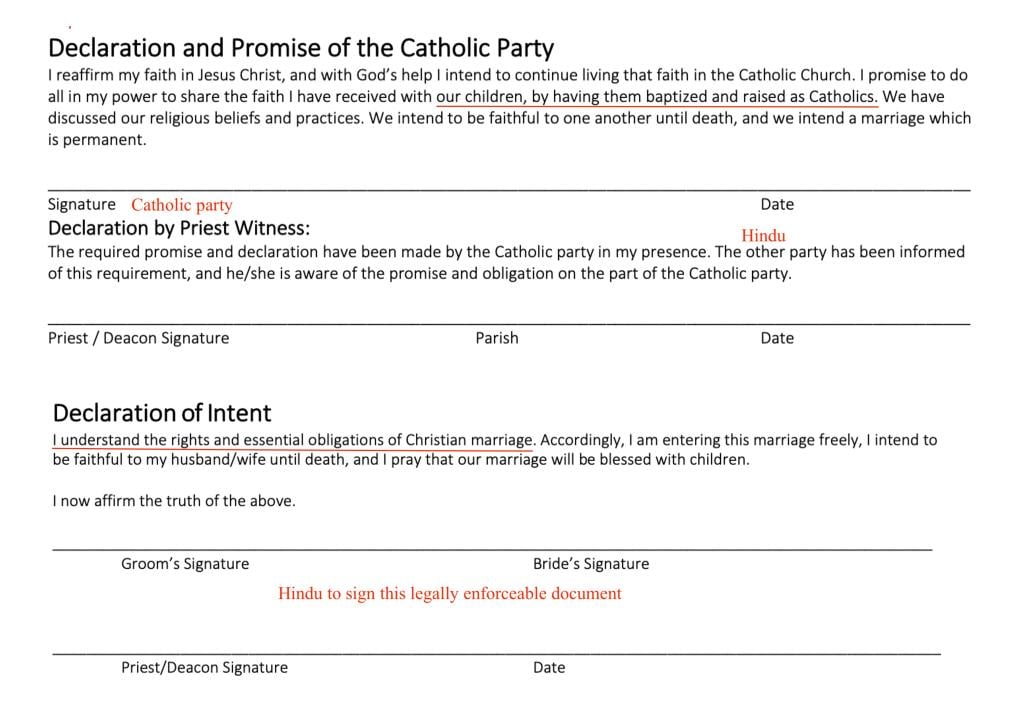
Unless the Hindu partner has no objection to ending their Hindu heritage, this skip-generation conversion clause should be carefully scrutinized. Has the Hindu partner fully understood the essential obligations of a Christian marriage—including the commitment to baptize and raise children as Catholic? In the event of a child custody dispute following a divorce, this legal agreement may be used against the Hindu partner.
To protect the interests of the Hindu partner, it is advisable to consider a reciprocal, Hindu-favoring prenuptial agreement as well.
Examples of such documents can be found here:
•Church Marriage Contract (contract used in India, Diocese of Colorado Springs)
Real-Life Case Studies
These real-life examples illustrate the challenges faced by Hindu-Catholic couples:
Maya’s Experience:
“I am a Hindu girl in love with a Catholic-Christian. While we are both liberal in our religious views, his parents are devout Catholics. They insist on a Church wedding and expect our Hindu ceremony to be conducted in private.
The Church doesn’t require me to convert, but I must sign a prenuptial agreement stating that our children will be raised in the Catholic faith.
I’m told that if we don’t comply, his parents may lose certain Church privileges, like Holy Communion and burial rights.
I feel pressured and confused. What should I do?”
— Maya (Read more)
In another instance, the author met a priest in Ahmedabad, India who proudly displayed a drawer full of dispensation documents signed by Hindus wishing to marry in a church. Most sign without fully understanding the consequences. One Hindu woman who signed such a document claimed it made no difference to her, while others realized its impact only after facing family or legal challenges.
One couple agreed to both a Hindu and a Catholic ceremony. The Catholic bride embraced Hindu traditions and was open to raising children with Hindu values. However, the priest insisted the Hindu groom sign a Catholic prenuptial agreement, which contradicted their mutual understanding. To balance things, the author recommended a Hindu counterpart document. In the end, as per the author’s understanding, the couple went through with both—just to satisfy both families.
None of these Hindus signed this pre-nuptial by their choice, but by compulsion. This raises an important question: What does the Church gain by enforcing such agreements when the couple has no sincere intent to follow through? The author advises young couples not to build their marriage on deception or pressure.
⸻
FAQ: Key Questions for Hindu-Catholic Couples
Based on nearly two decades of counseling interfaith couples, the following questions can help clarify expectations:
- Does the Catholic partner believe salvation is only through Jesus? Can they accept other paths like Lord Krishna’s teachings?
- What are your beliefs about life after death—Judgment Day or reincarnation?
- How are your non-baptized Hindu parents viewed within church congregants’ belief system? Are they heathen?
- Can the Catholic partner accept Hindu deities as manifestations of the same God, the Father God?
- Are both partners comfortable participating in each other’s religious ceremonies—such as puja and mass?
- Is a Church wedding required? What are the terms of the prenuptial agreement? Is Hindu vivaha required? Can the Catholic wedding be performed outside the church to bypass the pre-nuptial?
- Are children required to be baptized? Can they also undergo Hindu rituals like namakarana?
- Can children be raised with dual traditions—Hindu Balvihar and Bible School?
- Will your children carry Sanskrit based Hindu or Christian names? What about last names?
- Will your family tithe to the Church (typically 3–12% of income)? Will you also support the same to Hindu institutions?
- In the event of death, what are your preferences: Christian burial or Hindu cremation?
Summary
Both Hinduism and Catholicism are profound, deeply rooted traditions. Marriage between adherents of these faiths requires honest, informed decision-making—not just efforts to please families or religious institutions. On certain issues, such as after-death rites or child-rearing practices, compromise may not be possible.
For a joyful, enduring union, Hindu-Catholic couples should engage in open dialogue, educate themselves on each other’s beliefs, and make mutual decisions rooted in truth and respect—not pressure or pretence.
Other readings:
Debating the merits of our two religions (teen-talk)
Christian-Hindu love relationships (276 posts handled by the author)


